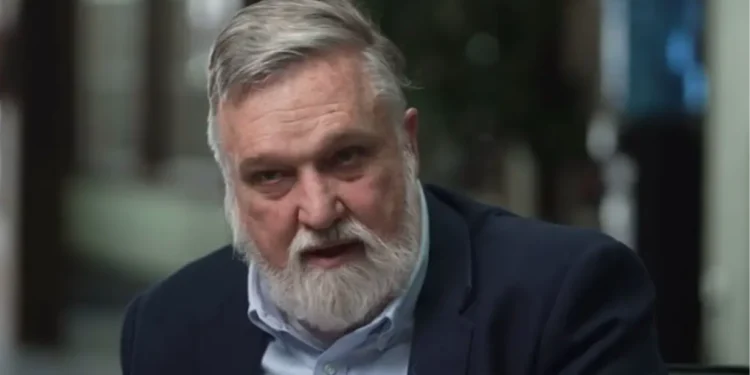A pastor in Idaho is making national headlines for his controversial statement that women should not vote, and his message is gaining support in Washington State. Pastor Doug Wilson, who leads Christ Church in Moscow, Idaho, and co-founded the Communion of Reformed Evangelical Churches, has long advocated for a “Christian nation” where men are the primary decision-makers, including in the voting booth.
“In an ideal society, we would vote as households,” Wilson has stated, arguing that men should represent their families at the polls. In a CNN segment published this week, a couple from Washington State was featured, expressing their support for Wilson’s teachings.
The wife, Amy Prince, mentioned that her husband is “the head of our household, and I do submit to him.” The couple aligns with Wilson’s vision of male-led decision-making, which extends from family life to politics. Wilson’s message is part of a larger Christian nationalist movement that aims to embed conservative biblical principles into government policy.
In addition to opposing women’s suffrage, Wilson has argued that women should not hold leadership or combat roles in the military. His church has attracted notable figures such as Pete Hegseth, who served as defense secretary under the Trump administration and has expressed similar views on gender roles in the military. While Washington is often perceived as one of the most progressive states in the country, the emergence of residents supporting Wilson’s ideology raises questions about his influence.
Although his base may be located in Idaho, his message is resonating with some individuals in the Evergreen State. It could become a part of ongoing cultural and political debates here. Washington granted women the right to vote in 1910, a full decade before the 19th Amendment extended that right nationwide. For over a century, suffrage has been considered settled law in the state. However, the appearance of voices calling for its reversal, even from across the border, suggests that the debate over who should have a say at the ballot box may not be as distant as many have believed.







